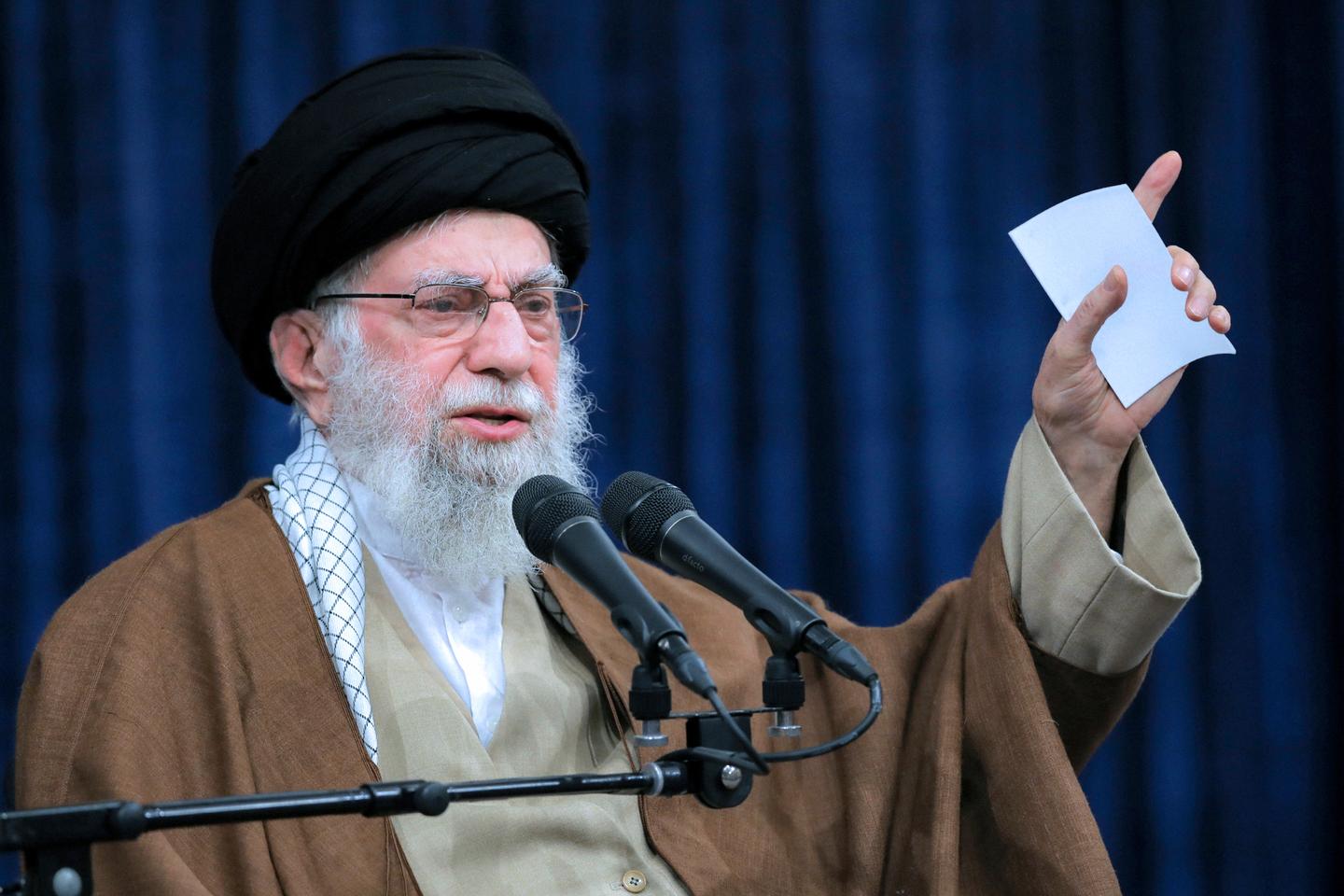


The Persian empire is dispersing. The Islamic Republic of Iran is losing its Arab allies. It is going through a phase of regional retreat, and its decline is shaking up the political and strategic situation in the Middle East. One optimistic hypothesis is that, with its back to the wall, Tehran might seek to open up negotiations with Donald Trump – who seemingly would not be hostile to them.
One after another, those whom political scientist Gilles Kepel has floridly called Iran's "mandataries" on Arab soil have been weakened or neutralized. The latest, and by no means the least, was Syria – or, to be more precise, Bashar al-Assad's regime. From Iranian-Russian subjugation, Syria is now under Turkish-Qatari domination. The Iranian Revolutionary Guard Corps, the defenders of the former regime in Damascus, have packed their bags and left under the blows Israel had dealt to them on Syrian territory in recent months; while the Russians, long protectors of the al-Assad family, have followed suit, being preoccupied by their war of aggression in Ukraine.
The new rulers belong to a Sunni fundamentalist group, and as such enjoy Turkey and Qatar's sympathies. This is a major upheaval, as Damascus had previously played a key role in the defense system patiently built up since the early 1980s by the Islamic Republic of Iran, the leader of the Shiite Muslim world, a pillar of this minority branch of Islam.
After being assaulted by Saddam Hussein's Iraq in 1980, the Iranian regime decided to deploy a protective line outside of its territory. It first took the form of a partnership agreement with the al-Assad family, members of Syria's Alawite minority, a splinter branch of Shiism. Then came Iran's support for a smattering of militia-parties representing the neighboring Shiite communities – in Lebanon, with Hezbollah; but also in Iraq and Yemen, and Hamas among the Palestinians, even though this group is fully devoted to Sunni Islam.
This group of affiliates – Kepel describes them in detail in his latest book, Le Bouleversement du monde ("The Upheaval of the World") – has proclaimed itself the "axis of resistance." It has united under the double banner of the Palestinian cause and the fight against American imperialism. The truth is that the "axis" has first and foremost been at the service of Iran, whose ambition was to hold the right of life and death over politics in Beirut, Damascus and Baghdad. Iraq provided territorial continuity with Syria and, from there, with Lebanon: Tehran had its "Shiite highway," securing a foothold on the Mediterranean Sea for the "new Persian empire."
You have 54.18% of this article left to read. The rest is for subscribers only.
